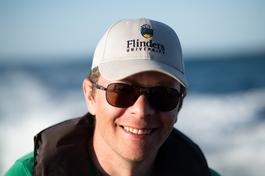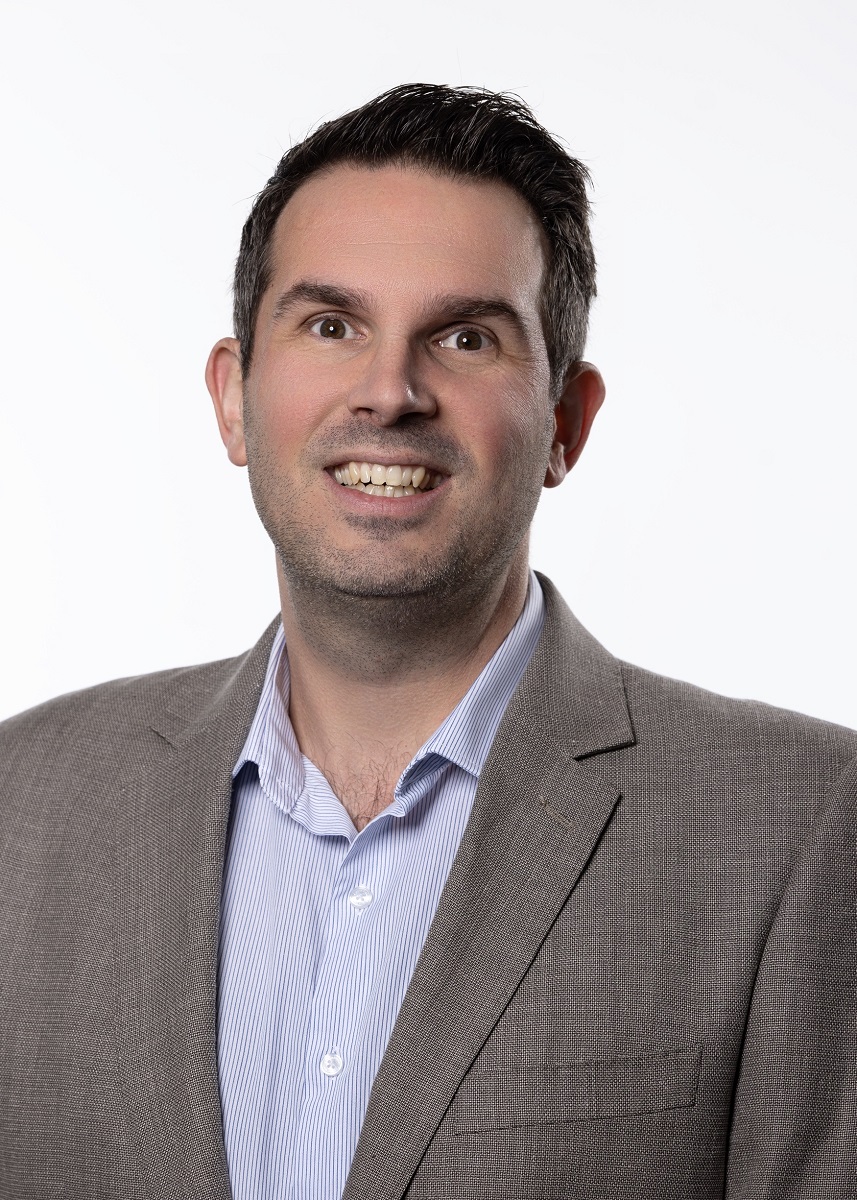
Calling all experts

Three Flinders University researchers have been appointed to the ARC College of Experts in 2025. Professor Harald Janovjak, Professor Karin Nordstrom and Professor Colin Raston AO FFA will play a key role in identifying research excellence, moderating external assessments of research grant proposals and recommending projects to be funded. A list of all the new members is available here.
Sharks on Thalassa
 Professor Charlie Huveneers recently contributed to one of France most beloved underwater documentary series, Thalassa. Thalassa joined Professor Huveneers on one of his field trips, where he tagged white sharks and collected muscle samples as part of South Australia’s cage-diving monitoring program.
Professor Charlie Huveneers recently contributed to one of France most beloved underwater documentary series, Thalassa. Thalassa joined Professor Huveneers on one of his field trips, where he tagged white sharks and collected muscle samples as part of South Australia’s cage-diving monitoring program.
Funding spreads Indigenous knowledge

A project funded through the DECRA of Dr John McCarthy from the Flinders University’s Maritime Archaeology Program (Australian Research Council grant DE220100550) was featured in an ABC Pilbara interview. Indigenous Rangers from the Murujuga Aboriginal Corporation spoke about their scuba training for archaeology. Listen from 1:13:00: www.abc.net.au/listen/programs/pilbara-breakfast.
The bronze medal team

Congratulations to the Flinders University team who competed in the 2024 Warman Design and Build Competition! The team finished third, showcasing the dedication, innovation, and teamwork that define our university.
The Flinders team, comprised of 3 second-year mechanical engineering students, competed against 19 university teams from Australia, Malaysia, and New Zealand.
All a part of Nature

Dr Bart Eijkelkamp, Senior Lecturer in Microbiology in the College of Science and Engineering, has been a part of a major new article on antibiotic resistance, published in top ranking journal Nature this month. The research, led by the Peter Doherty Institute for Infection and Immunity, uncovered that rifaximin, an antibiotic used in patients with liver disease, could expose them to greater risk of a dangerous superbug.
“The intricacies of the antibiotic resistance mechanism identified here demonstrate that intensive research is required to dampen the spread of antimicrobial resistance,” says Dr Eijkelkamp, who leads the Bacterial Host Adaptation Research Laboratory in the Molecular Sciences and Technology research group.

